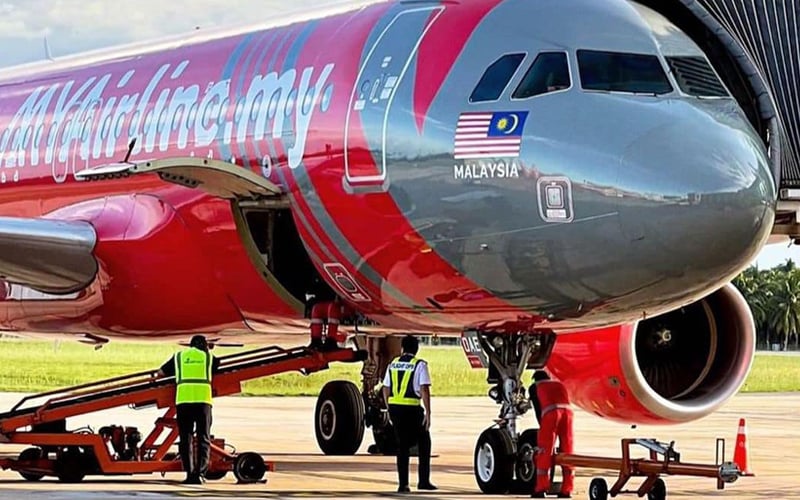
From Anton Ambrose
The MYAirline imbroglio, the latest blip on Malaysia’s aviation radar, raises a host of uncomfortable questions and places the nation in the undesirable but all too familiar position of being the industry’s laughing stock.
The incident has shone a glaring spotlight on the questionable issuance of Air Operators Certificates (AOCs) and casts a shadow over Malaysia’s aviation governance.
MYAirline’s promising ascent and equally quick hard landing in Malaysia’s aviation market has left both the industry and the nation frustrated after the early hype and promise.
This debacle is not just about an airline’s misadventures, but also about the regulatory bodies and governance that should have prevented such a mess in the first place.
The fact that Malaysia, with its 33 million population, has doled out 27 AOCs is a mind-boggling puzzle. This ludicrous number doesn’t add up and leaves industry experts scratching their heads in disbelief.
To gain an AOC from the Civil Aviation Authority of Malaysia (CAAM) and subsequently an Air Services Licence (ASL) from the Malaysian Aviation Commission (Mavcom), a company must demonstrate its financial strength and projections for the next five years.
One can only wonder whether MYAirline, which recently had its AOC extended by two years, met these requirements.
Transparency and accountability should be the cornerstones of any effective regulatory system. However, in the case of MYAirline, the lack of transparency surrounding its licensing and oversight raises serious concerns about CAAM.
CAAM and transport minister Loke Siew Fook must provide answers as to why this happened instead of putting on a theatre production of feigned indignation.
Pretending to be outraged while calling an airline irresponsible doesn’t cut it. Malaysians deserve clarity.
The larger issue at hand is why AOCs appear to be distributed like cotton candy at a carnival, particularly to financially frail companies or ones with no proven track record in aviation.
The process that allowed MYAirline to take flight exposes a regulatory framework in dire need of reform. The role of agencies under the transport ministry in scrutinising and granting licences must undergo thorough examination, particularly when passenger safety is on the line.
The MYAirline fiasco underscores the urgent need for an overhaul of Malaysia’s aviation governance. To restore trust and secure the future of the aviation industry, bold measures are required.
The CAAM must undergo a rigorous audit, revamp its approval processes, incorporate rigorous scrutiny and eliminate conflicts of interest, thus ensuring complete transparency and adherence to international industry standards.
Transparency and accountability should extend to the public, ensuring that citizens are informed about the aviation industry’s inner workings and the measures in place to protect their interests.
An independent, authoritative body with a stronger bite akin to Australia’s Transport Safety Bureau (ATSB) and Civil Aviation Safety Authority (Casa) must be empowered to monitor and enforce compliance without any kind of interference.
The MYAirline fiasco should not be viewed as a mere blemish on Malaysia’s aviation industry but as a pivotal moment for change. The nation’s response to these failures will determine the future of aviation governance.
While the path forward will be challenging, reform, transparency, and a renewed commitment to comply with the letter of the law are non-negotiable if Malaysia aims to reclaim its position in the aviation world.
Malaysia must either rise to the occasion or risk being forever grounded in the boondocks of aviation. - FMT
Anton Ambrose is a former senior airline executive and an FMT reader.
The views expressed are those of the writer and do not necessarily reflect those of MMKtT.



No comments:
Post a Comment
Note: Only a member of this blog may post a comment.